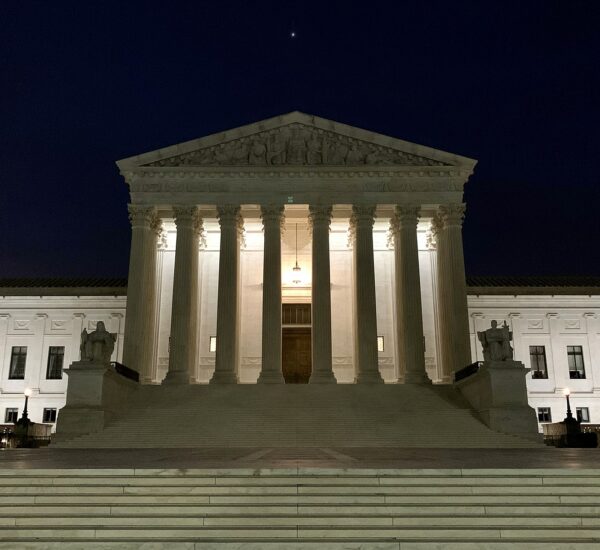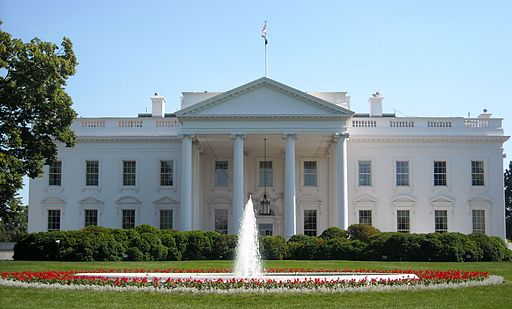Behind the Poll
There is no federal law in the United States requiring voters to show identification in order to vote, although some states have implemented voter ID laws. Proponents of voter ID laws argue that they are necessary to prevent voter fraud and ensure the integrity of elections. Opponents argue that voter ID laws are unnecessary and discriminatory, as they disproportionately affect minority and low-income voters who are less likely to have government-issued identification.
In states with voter ID laws, the type of identification required varies. Some states accept student IDs, while others only accept government-issued IDs such as a driver’s license or passport. Some states provide free ID cards to eligible voters, while others do not.
Voter ID laws have been challenged in court on the grounds that they are unconstitutional. In 2012, the U.S. Supreme Court upheld a voter ID law in Indiana, ruling that the state had a “compelling interest” in preventing voter fraud. However, the court also ruled that states must make accommodations for voters who do not have ID, such as allowing them to vote by provisional ballot.



